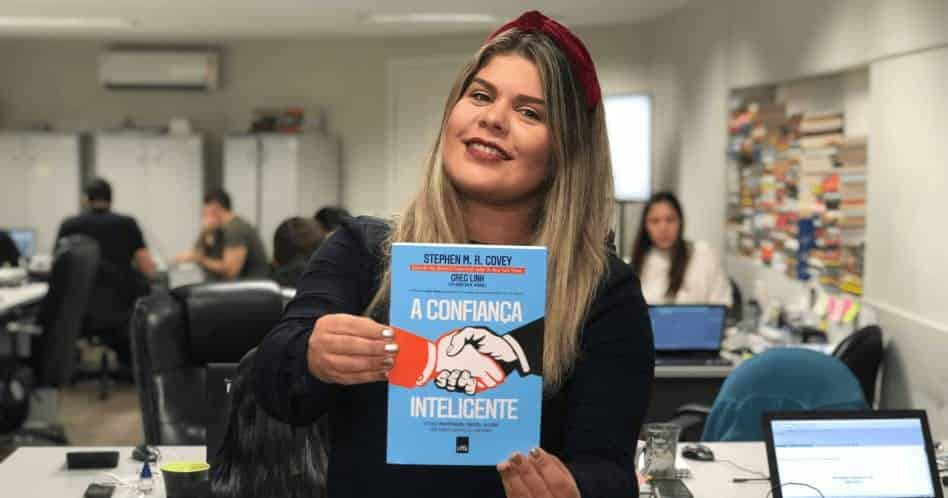
Smart Trust - Stephen Covey, Greg Link
Discover how 'Smart Trust' can bring prosperity, energy and joy to your personal and professional life, through the practice of conduct that is based on the security and conviction of your own ideas.
Choose language:
